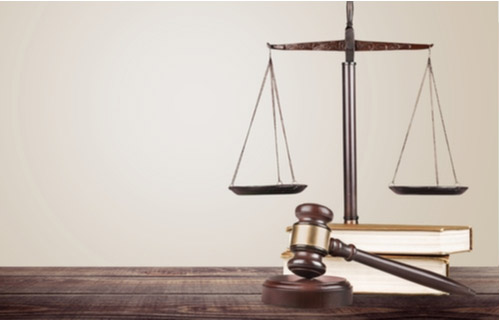- Appellate Litigation
As an appellate attorney, I see my fair share of depositions, especially when appealing from a grant of summary judgment. This month, I want to share with you three tips to help you optimize the effectiveness of your depositions so that hopefully, your case will avoid a premature ending.
Tip 1: Don’t Wait to Clarify Testimony
You have three opportunities to clarify (or correct) witness testimony:
- (1) during the deposition;
- (2) after the deposition when reviewing the reporter’s transcript; and
- (3) in a declaration
The optimal time to clarify testimony is while the deponent is under oath and in person. Realistically, however, it is not always clear that testimony requires clarification until after you have reviewed the transcript and see the memorialized testimony. At that point, if your client must correct or clarify testimony, you should have an opportunity to submit written changes to the transcript. Of course, be judicious when choosing to change testimony; defense counsel is sure to use the changes to undermine your witnesses’ credibility.
Do not count on “saving” testimony through a declaration. In D’Amico v. Board of Medical Examiners (1974) 11 Cal.3d 1, 21–22, the California Supreme Court held that the plaintiff was barred from creating a triable issue of material fact by submitting declarations which contradicted her admissions.
In Visueta v. General Motors Corp.. (1991) 234 Cal.App.3d 1609, 1613, one of the appellants submitted a declaration in opposition to a motion for summary judgment which contradicted his deposition testimony. Applying D’Amico, the court ruled that admissions made during the course of discovery govern and control over contrary declarations lodged on a motion for summary judgment. (Visueta, at p. 1613.)
Tip 2: Don’t Rely on Video
I’ve heard it said that 93 percent of communication is nonverbal. That is why video deposition testimony showing an opposing party’s demeanor can be damning during trial. However, on appeal — especially from a grant of summary judgment — the cold transcript of such testimony often lacks crucial nonverbal cues such as a witness smirking, using a mocking or angry tone, eye rolling, etc. Do not rely solely on video to capture important nonverbal communication.
For instance, if your client starts crying uncontrollably when discussing the emotional and/or physical harm he suffered, make sure you note that fact for the court reporter. Such a fact may help support a damages argument. Of course, use discretion and tact when verbally summarizing for the court reporter. It is possible to make the point with subtlety. Similarly, if a witness is sweating bullets and repeatedly staring at the door when being questioned, that fact may also be helpful to verbally note for the court reporter.
Tip 3: Create Triable Issues of Fact
Depositions serve multiple purposes. One is to demonstrate triable issues of material fact to prevent summary judgment. When taking depositions, keep this fact in mind, especially when asking witnesses about situations they encountered and also the reasons behind their assumptions and actions.
For instance, in the employment law context, an employee’s bald opinion about his employer’s motivation will not constitute substantial evidence to create a triable fact. However, if the testimony includes certain behavior or actions from which the employee drew that opinion, such evidence may create the triable issue of fact sufficient to overcome summary judgment.
Janet Gusdorff









